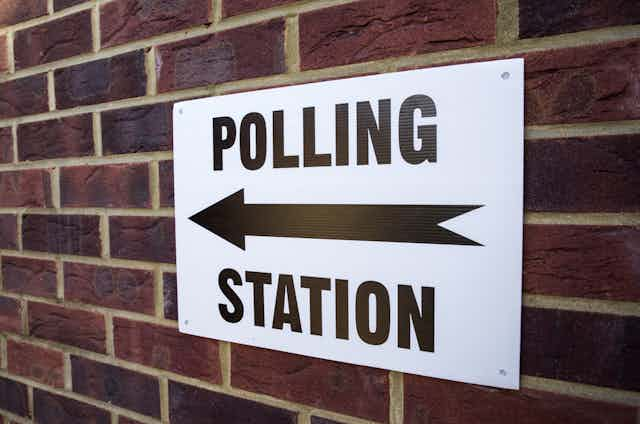Young people at the heart of the “devolution revolution” in Manchester say they have been left behind and forgotten by many of today’s politicians. But now – thanks to the enthusiasm of a group of politically active young people in Greater Manchester – they are finally getting their say. And the prospective candidates for the role of “metro mayor” are sitting up and taking notice.
In November 2014, former Chancellor of the Exchequer, George Osborne, declared Greater Manchester was at the heart of the “devolution revolution” as he signed an agreement with the region’s 10 local councils to create the first city-region elected mayor outside of London. Greater Manchester’s new “metro mayor” will be elected in May. He or she will have considerable political influence, controlling the city-region’s police and fire service, housing, planning and public transport.
Local authorities will have responsibility for Greater Manchester’s devolved health and social care system and a range of other public services. The new mayor will therefore have to work with local council leaders to shape priorities for the region and represent its 2.8m citizens across the UK and on the global stage.
Young people left behind
The elections for new and powerful mayors in Manchester, Liverpool and Birmingham are now in full swing – but the risk of future generations of politically ill-formed and disengaged citizens is acute. Research funded and published by the Political Studies Association in February revealed that young people at the heart of the so-called “devolution revolution” in Greater Manchester are being left behind and already appear sceptical about the new mayor and the potential impact of devolution on their lives.
Worryingly, young people who participated in the Democratic Devolution project reported that they do not understand what regional devolution means or how it will impact on their lives. They also said they had not been consulted about its form or content and have had few opportunities to engage with and influence politicians and policy-makers across the city-region.
The vast majority of young people across Greater Manchester also have a worrying lack of civic affiliation or sense of shared identity. And those living outside Manchester itself expressed concerns about how the city would actually benefit from “DevoManc”. Fears that Greater Manchester’s other city, Salford, and its numerous towns, villages and local communities, would not particularly benefit from devolution were also widespread.
A unique response
With these issues in mind, young people from the 10 youth councils in Greater Manchester, and a range of youth representation organisations, got together and created a unique response to devolution. Supported by the Youth Focus NW network, young people have worked together to establish the Greater Manchester Youth Assembly. It has been endorsed by a range of local authority leaders and councillors as well as the main candidates for the mayoralty.
The Greater Manchester Youth Assembly organised and hosted a special mayoral election hustings event which gave 100 young people the chance to quiz the main candidates on what they are planning to do for young people. In what proved to be a very lively and engaged evening of political debate, the candidates were questioned on a wide range of issues including education, transport, mental health and the regional economy.
The work and advocacy undertaken by this vanguard generation of Greater Mancunian citizens is already paying dividends. The main mayoral election candidates have placed young people at the heart of the campaigns. This youth-centric approach has seen more youth-orientated policies and engagement with young people. It is hoped that candidates across Greater Manchester standing in Westminster elections in June will similarly seek to engage with young people, many of whom will not be able to vote.
After the election, the Greater Manchester Youth Assembly will continue to reach out to and engage with young people. It will also seek to influence and inform the decision-making of the new mayor and the ten authorities of the Greater Manchester Combined Authority and hold them to account. It will help develop a democratic education programme so young people can learn about the history and politics of Greater Manchester.
The young citizens of Greater Manchester want the new mayor to create a youth-focused democracy. But supporting future generations of politically engaged and active Greater Mancunians will not happen without appropriate investment. The new mayor must therefore work with local government leaders to inspire and articulate a vision which highlights the region’s shared history and values. They must also promote new and innovative approaches to the development of youth citizenship across the region and make sure they offer a real democratic voice for young people.

